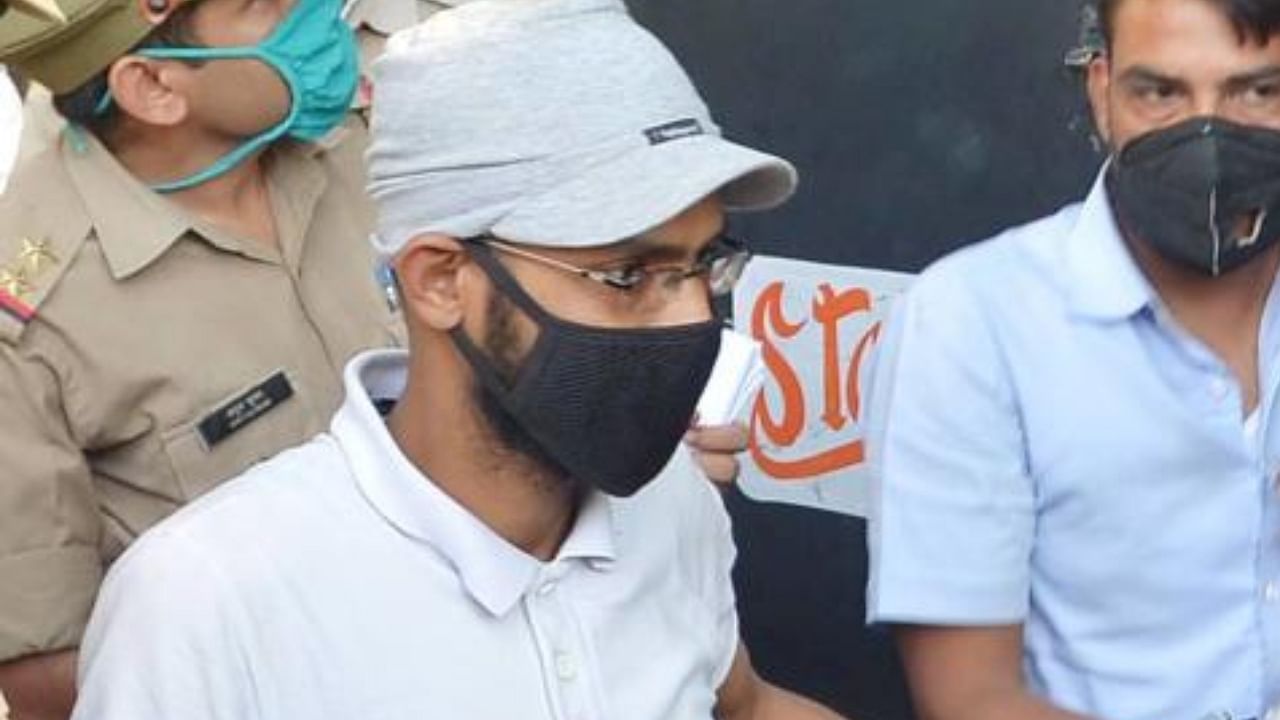
The grant of bail to journalist Siddique Kappan by the Supreme Court last week reaffirmed the salutary principle that bail is the norm, but it also shows how difficult it has become to translate the principle into practice under an executive determined to use police power, probe agencies and the process of justice itself as punishment. Kappan has spent over 700 days in jail and his petitions for bail were rejected by various courts, including the Allahabad High Court. The Supreme Court finally granted bail, fully endorsing his rights as a citizen, including his right to freedom of expression. He was arrested in 2020 while travelling to Hathras in UP to report on the gang-rape and murder of a Dalit girl. The most unconvincing charges were levelled against him under many laws, including the draconian UAPA, which made bail almost impossible to get. He was also charged with raising funds to create unrest and commit terrorism and being involved in a conspiracy for all this.
The Supreme Court was not bound by the extreme provisions of the UAPA law that worked against bail and upended the natural legal process on bail. It also asked some questions of the government which exposed his detention as a motivated action. It wanted to know if the demand for justice for a victim could be called a crime. Kappan had in his vehicle some pamphlets of the Black Lives Matter movement in the US. The court asked the government if he planned to create unrest in a UP village using these pamphlets. The court also made the point that the government had to recognise the value of protests. It noted that it was indeed mass protests in the wake of the 2012 Nirbhaya gang-rape in Delhi that changes were made in the law on rape.
Though the court said that at this stage, it refrained from dealing with and commenting on the progress of investigation and the materials gathered by prosecution, its observations and questions indicated that it was not convinced of the genuineness of the charges against Kappan. What is worrying is that the lower courts thought there was substance in the same materials and denied the journalist bail. It took about two years for him to reclaim his freedom. Citizens should not have to wait for 700 days in jail to secure a normal right and fight all the way to the Supreme Court for it. Even after getting bail, Kappan has not been released from jail as he is facing investigation in a case filed by the Enforcement Directorate (ED). So, while the court’s order is welcome, it has been rendered ineffective in its object. Kappan’s case is also a reminder that there are thousands of people who do not get bail and waste their lives in jail.